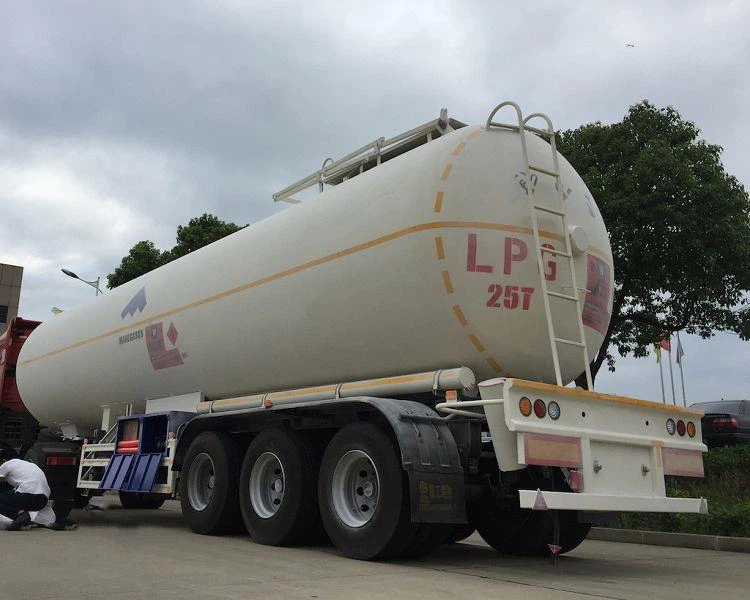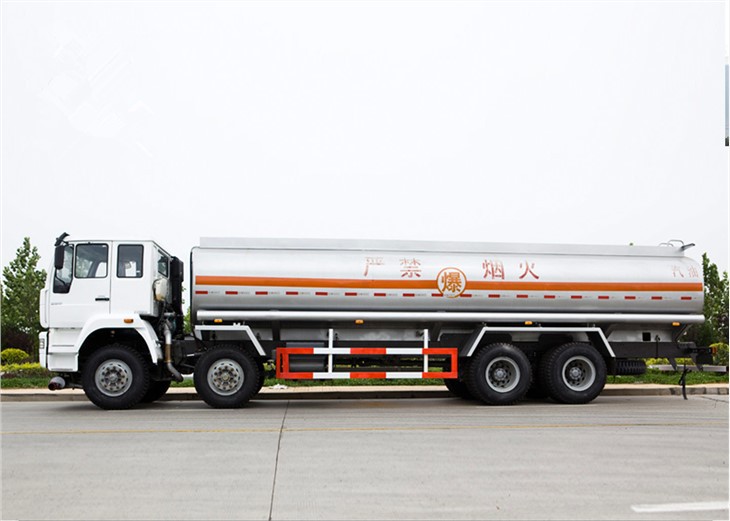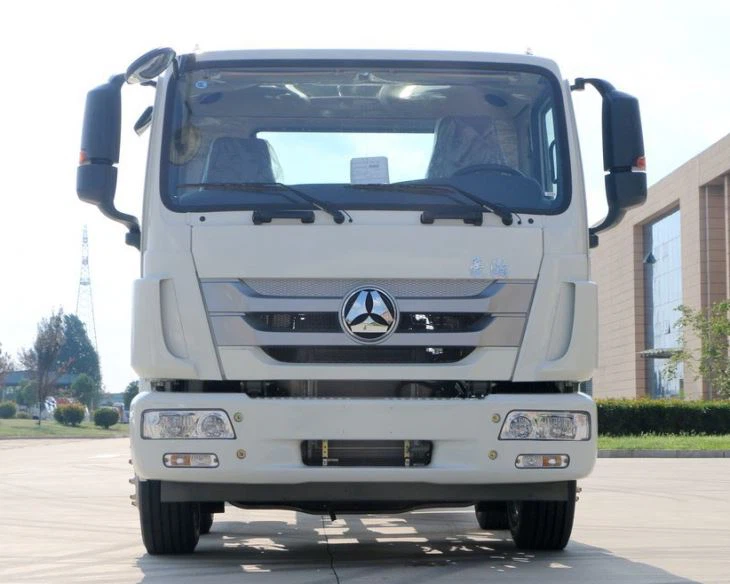Introduction
When it comes to managing waste efficiently, truck dumpsters have become a popular choice for both residential and commercial needs. These versatile containers simplify disposal, making them essential for construction projects, renovations, and large-scale cleanouts. In this comprehensive guide, we will explore the various aspects of truck dumpsters, including their types, uses, and benefits. You will also find practical tips, examples, and a frequently asked questions section to help you make informed decisions.
What is a Truck Dumpster?
A truck dumpster is a large waste container that can be transported by a specialized vehicle, often used for collecting and transporting debris, construction materials, and other waste. These dumpsters come in various sizes and can be delivered to job sites, residential properties, or commercial locations.
Types of Truck Dumpsters
There are several types of truck dumpsters available, each designed for specific applications:
1. Roll-Off Dumpsters
Roll-off dumpsters are large containers with wheels that can be rolled off a flatbed truck. They are commonly used for construction sites, home renovations, and large cleanouts.
2. Front Load Dumpsters
These dumpsters are designed for easy access from the front, making them ideal for businesses and restaurants that generate regular waste.
3. Rear Load Dumpsters
Rear load dumpsters are emptied by trucks using a rear-facing mechanism. These are often used in commercial settings and are typically smaller than roll-off dumpsters.
4. Compactor Dumpsters
Compactor dumpsters are equipped with a compactor that compresses waste to maximize capacity. These are suitable for businesses with significant waste volume.
Benefits of Using Truck Dumpsters
Truck dumpsters offer numerous benefits that can streamline waste management processes:
1. Efficient Waste Removal
Using a truck dumpster allows for quick and organized disposal of waste, reducing clutter and improving safety on job sites.
2. Variety of Sizes
With various sizes available, you can choose the most suitable dumpster for your project, ensuring you only pay for the space you need.
3. Cost-Effective
Renting a truck dumpster can be more affordable than multiple trips to a landfill, especially for large renovation or construction projects.
4. Safe and Convenient
Truck dumpsters keep waste contained, reducing the risk of injury and environmental hazards associated with loose debris.
How to Choose the Right Truck Dumpster
Selecting the right truck dumpster involves several considerations:
1. Assess Your Needs
Determine the type of waste you will be disposing of and the volume of materials you expect to collect.
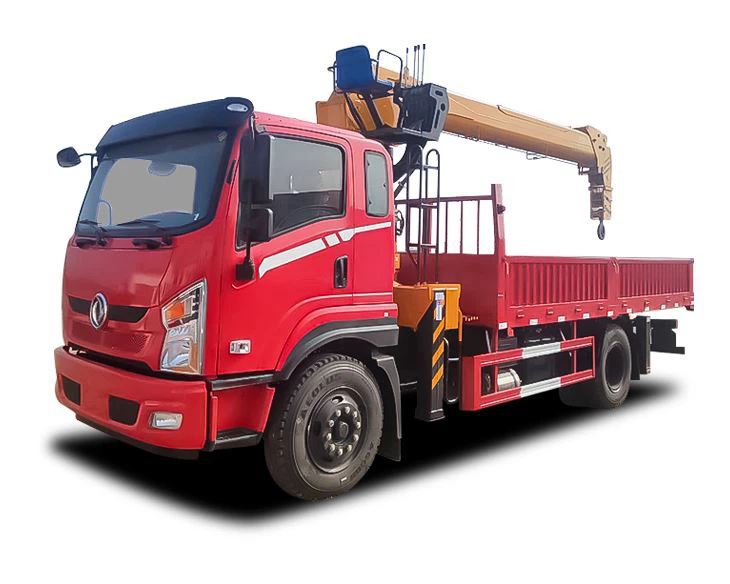
2. Size Matters
Truck dumpsters come in various sizes ranging from small (10-yard) to large (40-yard) containers. Here’s a quick guide:
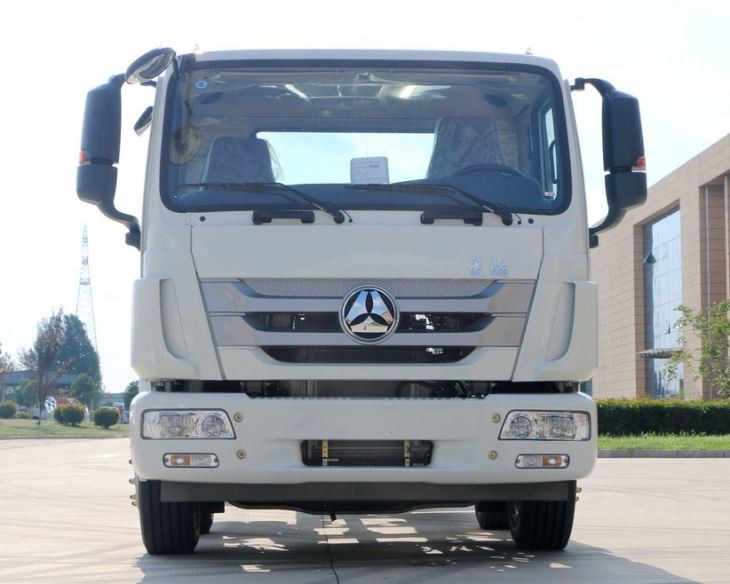
| Size (Yards) | Approx. Weight Capacity | Typical Uses |
|---|---|---|
| 10 | 2,000-3,000 lbs | Small remodels |
| 20 | 4,000-6,000 lbs | Medium construction projects |
| 30 | 6,000-8,000 lbs | Major renovations |
| 40 | 10,000+ lbs | Large commercial projects |
3. Rental Duration
Consider how long you will need the dumpster. Most rental companies offer flexible rental periods, but check for additional fees for extended rentals.
4. Location and Accessibility
Ensure there’s enough space for the dumpster and that it can be accessed easily by the truck for drop-off and pick-up.
How to Rent a Truck Dumpster

Renting a truck dumpster involves several straightforward steps:
1. Research Local Providers
Search for reputable dumpster rental companies in your area. Look for reviews and ratings to ensure you choose a reliable service.
2. Get Quotes
Contact providers to request quotes based on your project’s specifications. Compare pricing and included services.
3. Choose the Right Dumpster
Based on your previous assessments, select the appropriate size and type of dumpster.
4. Schedule Delivery
Arrange a delivery date that aligns with your project timeline. Confirm accessibility and any local regulations you need to follow.
5. Prepare for Pickup
Once your project is complete, ensure that the dumpster is ready for pickup, free of obstructions, and filled as per the rental agreement.
Common Misconceptions About Truck Dumpsters
There are several myths surrounding truck dumpsters that can hinder potential users:
1. They Are Only for Construction Sites
While commonly associated with construction, truck dumpsters are suitable for residential cleanouts, yard waste, and more.
2. They Are Expensive
Many people believe renting a dumpster is costly. However, it can save you money compared to multiple trips to a landfill, especially for larger projects.
3. You Can Throw Anything in Them
There are restrictions on what can go into a dumpster, including hazardous materials and electronics. Always check with your rental company.
Pricing for Truck Dumpsters
The cost of renting a truck dumpster can vary based on several factors:
1. Size of the Dumpster
As previously mentioned, larger dumpsters cost more to rent.
2. Rental Duration
The longer you need the dumpster, the higher the rental fee. Some companies charge daily, while others offer weekly rates.
3. Type of Waste
Differing waste types may incur additional fees, particularly for hazardous materials or heavy debris.
4. Delivery and Pickup Fees
Some companies charge extra for delivery and pickup, especially if you’re in a hard-to-reach area.
Tips for Using a Truck Dumpster Efficiently
To maximize the use of your truck dumpster, consider the following tips:
1. Organize Your Waste
Separate materials into categories such as recyclables, general waste, and hazardous waste. This can ease the disposal process.
2. Fill It Correctly
Distribute weight evenly and avoid overfilling the dumpster. Leave enough space to securely close the lid if applicable.
3. Know the Rules
Familiarize yourself with the local regulations regarding waste disposal to avoid potential fines.
4. Schedule Pickup in Advance
Contact your rental company for pickup at least a day before you finish using the dumpster to ensure timely removal.
Frequently Asked Questions (FAQ)
1. What can I put in a truck dumpster?
You can typically dispose of construction debris, household items, and yard waste. Always check with your rental company for specific guidelines.
2. How long can I keep the dumpster?
The rental period varies by provider, but most offer options from a few days to several weeks. Be sure to inquire about extension policies.
3. How is the dumpster delivered?
A specially equipped truck delivers the dumpster to your desired location. The truck will place it in a convenient spot for loading.
4. What happens if I exceed the weight limit?
If you exceed the weight limit, you may incur additional fees. It’s crucial to know the weight limit for your rented dumpster.
5. Are there any extra fees?
Potential extra fees might include those for delivery, pickup, exceeding weight limits, or disposing of prohibited materials.
6. Can I rent a dumpster for a one-time cleanup?
Yes, truck dumpsters are perfect for one-time cleanups, such as garage cleanouts, yard cleanups, or during moving. Many rental companies cater to short-term needs.
